
The market was abnormal, as the room occupancy rate at the resort was almost 100 percent at the end of the year, Song said, adding that such brisk business had been supported by public funds.
"Now, public funds have been withdrawn from the market and it is back to a normal operating environment for hotels," Song added.
Wang Jianmin, a researcher at the Tourism Research Center of the Chinese Academy of Social Sciences, said: "Canceled bookings from government departments have exposed the problem for domestic hotels."
High-end hotels in China had depended excessively on government consumption in the past, Wang said, adding that international chain hotels now had an advantage as they are not hit by the new regulations.
Wang added: "This year's drop in bookings may be an opportunity to push hotels to change their operating methods and search for new clients."
High-end hotels were "too removed" from residents and had limited themselves to fixed consumer groups in the past, Wang said. "The hotels should launch promotions and interact more with residents," he suggested.
The marketing director at a German-run hotel in Beijing said: "Consumption by government officials and institutions only contributes a very tiny part to our operations, and the hotel's performance has not been affected."
Wang Jian, spokesman for the Guangdong branch of China Travel Services, said travel firms' restaurant business had also been affected ahead of Spring Festival.
Their tours business, especially that depending heavily on institutional clients, is also likely to be affected in spring and summer, he said.
Leisure travel using public funds had fallen even before the new government regulations were announced as people kept a close watch on consumption by government officials and public institutions. Wang Jian said that to cope with the change, tour companies should work to attract more individual travelers, which has become a trend worldwide.




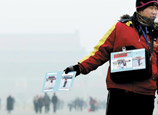
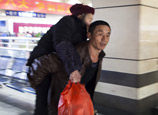
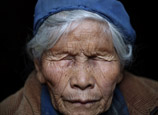
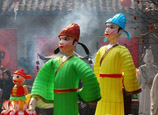

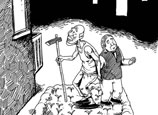







 China uses PM 2.5 in weather alert system
China uses PM 2.5 in weather alert system


![]()
